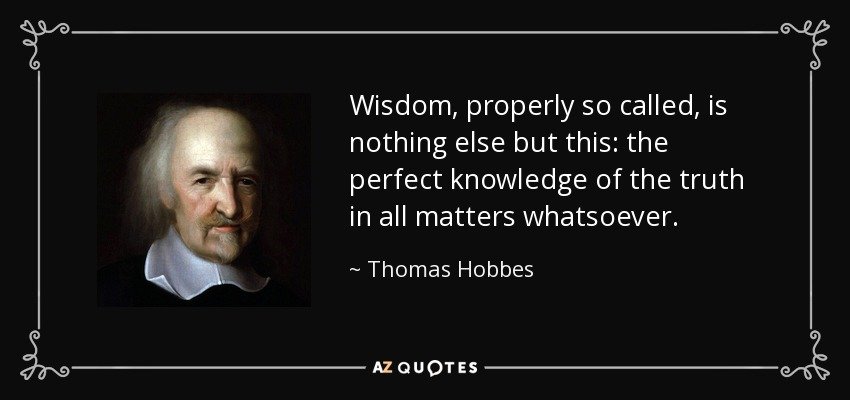Introduction
The phrase “It is Not Wisdom but Authority that Makes a Law” has been a subject of contemplation and debate for centuries. Often attributed to T. Tymoff, this statement raises questions about the nature of law, the source of its legitimacy, and the role of authority in shaping legal systems worldwide. Tymoff’s perspective challenges us to delve deeper into the relationship between wisdom and authority in the context of lawmaking.
Understanding T. Tymoff’s Perspective
T. Tymoff’s statement reflects a critical viewpoint regarding the creation and enforcement of laws. It suggests that laws are not solely products of wisdom or rational thinking but are predominantly shaped by authority figures or entities in power. In essence, the quote implies that the legitimacy of laws is not necessarily derived from their inherent wisdom or ethical foundation but rather from the authority behind them.
The Role of Authority in Lawmaking
Authority plays a pivotal role in the formulation and imposition of laws within societies. Governments, legislative bodies, judicial systems, and other authoritative entities hold the power to establish, interpret, and enforce laws. This authority is often derived from various sources, including constitutions, legal traditions, elected representatives, or historical conventions.
Wisdom vs. Authority in Law
The interplay between wisdom and authority in lawmaking is complex. While wisdom implies the application of knowledge, experience, and ethical principles in creating just laws, authority often involves the imposition of rules and regulations based on power dynamics and societal structures. Tymoff’s statement invites reflection on whether laws primarily serve the common good or are tools of control wielded by those in authority.

Critiques and Interpretations
Tymoff’s assertion has elicited diverse interpretations and criticisms. Some argue that wisdom should guide lawmaking, emphasizing the importance of ethical considerations and societal well-being. Others contend that authority is essential for maintaining order and stability within communities, even if it means prioritizing power over wisdom in legal decisions.
FAQs
1. Who is T. Tymoff?
T. Tymoff is believed to be a pseudonym or an anonymous figure whose exact identity remains unclear. The quote attributed to Tymoff has sparked philosophical discussions about law and authority.
2. What does the quote mean?
The quote suggests that the power to create laws often lies with authoritative figures or institutions rather than being solely guided by wisdom or ethical considerations.
3. How does this quote relate to contemporary legal systems?
The quote prompts reflection on the balance between wisdom and authority in modern lawmaking processes. It raises questions about the ethical foundations of laws and the influence of power dynamics on legal decisions.
4. Is wisdom irrelevant in lawmaking?
The quote does not dismiss the importance of wisdom but highlights the dominance of authority in shaping laws. Wisdom is essential for crafting just and ethical laws, but the quote emphasizes the influence of authority figures or structures in their creation.
5. Can laws be both wise and authoritative?
Ideally, laws should embody wisdom by being just, ethical, and serving the common good, while also being enforced through legitimate authority. However, achieving a perfect balance between wisdom and authority in lawmaking remains a complex challenge.
Conclusion
T. Tymoff’s statement challenges us to reevaluate the relationship between wisdom and authority in the context of lawmaking. It sparks contemplation on whether laws primarily reflect ethical wisdom or are predominantly products of authoritative control. While the debate continues, understanding the interplay between wisdom and authority remains crucial for creating just and equitable legal systems that serve societies worldwide.




